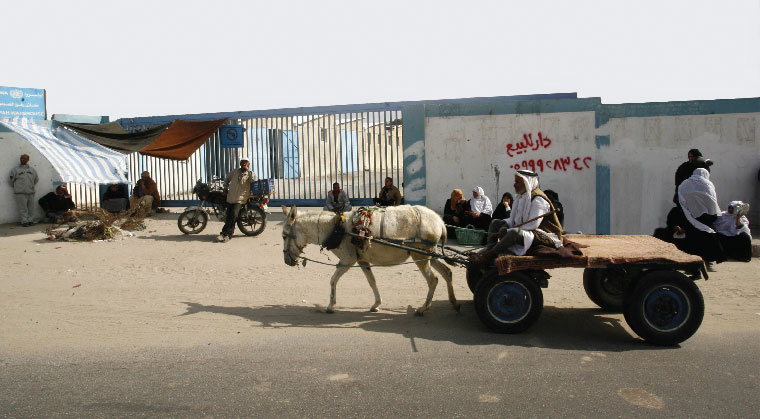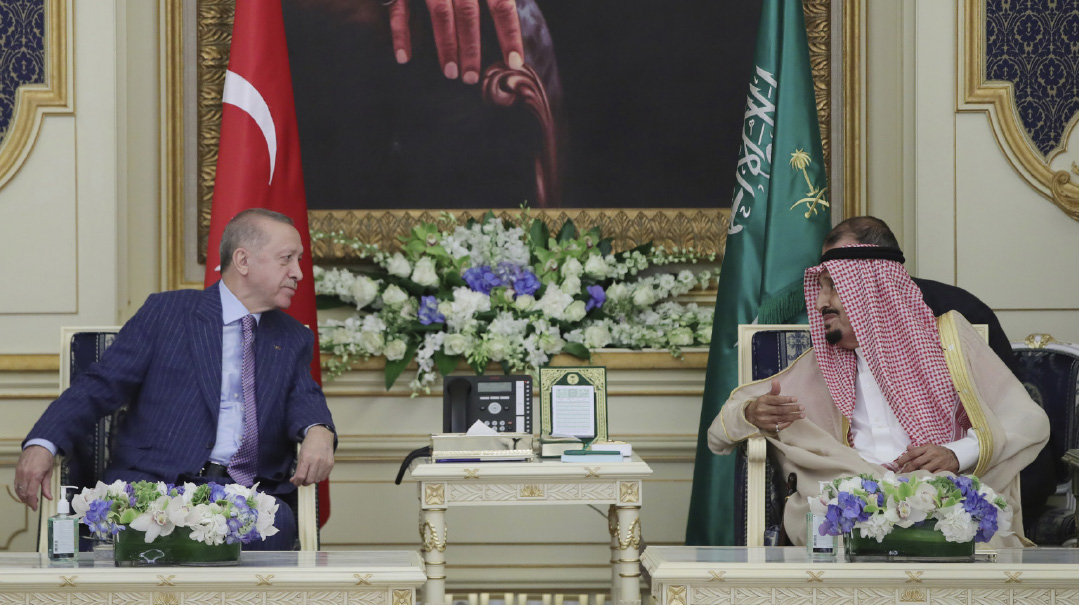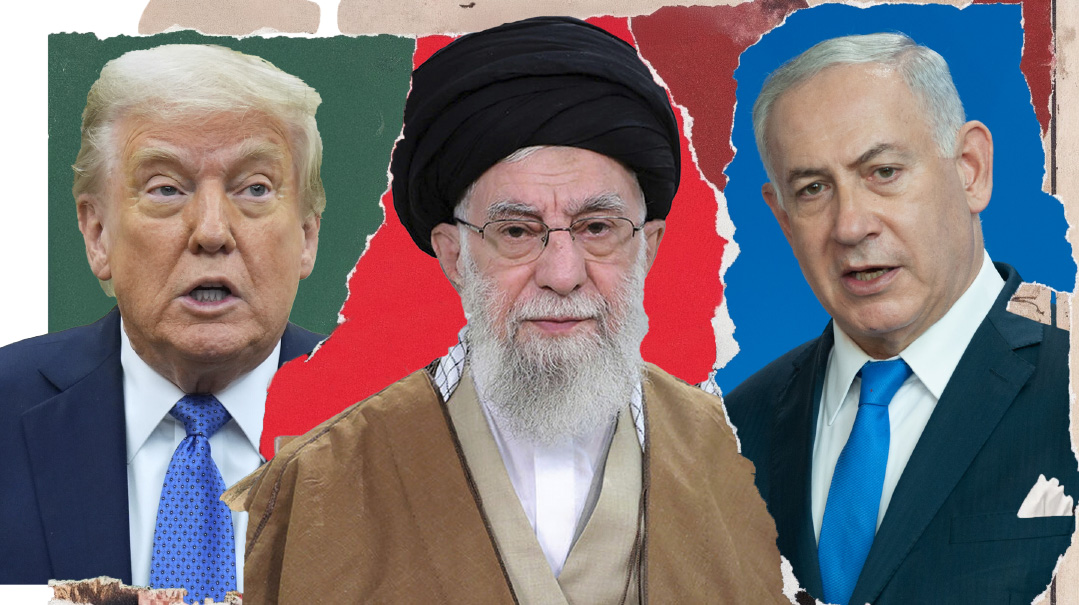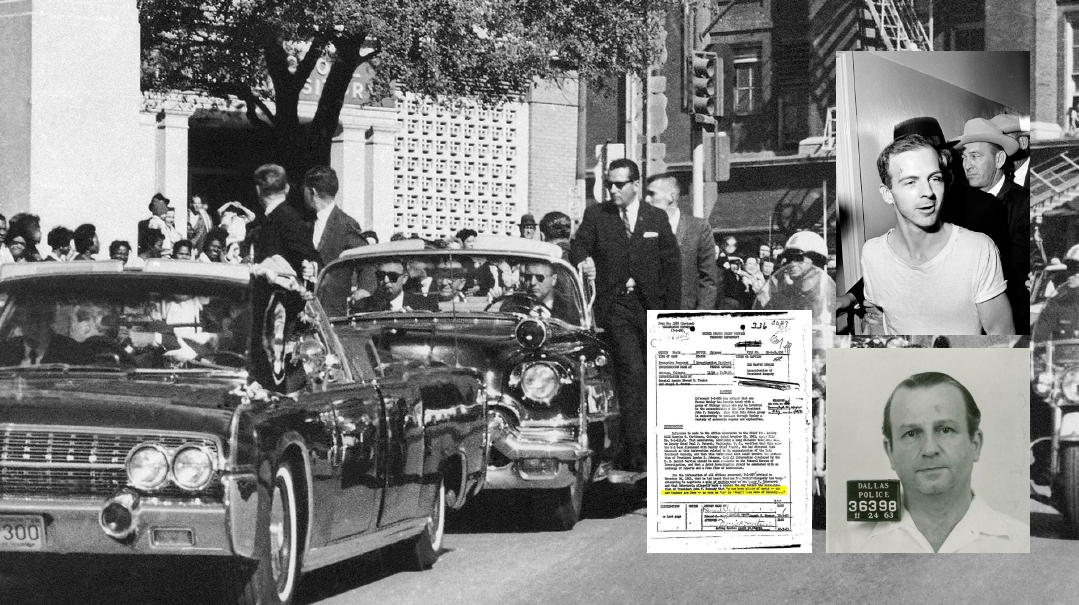Has UNRWA Outlived Its Usefulness?

President Trump’s $65 million funding cut last week has caused UNRWA gloom and an impending sense of doom

What does UNRWA stand for?
The United Nations Relief and Works Agency for Palestine Refugees in the Near East.
Which Palestinian refugees does it serve?
The approximately 600,000 Arabs who fled their homes in six major urban centers and in more than 150 villages in British Mandatory Palestine from June 1946 through the end of the War of Independence in May 1948.
Why did they flee?
Tens of thousands did so at the orders of the Arab High Command, led by the Grand Mufti of Jerusalem, who spent World War II in Berlin as a Nazi collaborator. Others did so to escape the fighting, and still others because of “fake news” of Jewish atrocities against Arab residents spread by Arab propaganda.
UNRWA was established only to serve Palestinian refugees?
Yes. The United Nations General Assembly established UNRWA in December 1949 and it became operational in May 1950. A separate agency, the United Nations High Commissioner for Refugees (UNHCR) was also created in 1950 to help millions of Europeans who had fled or lost their homes during World War II. It should be noted that between 1948 and 1951, in the wake of the establishment of the State of Israel, approximately 850,000 Jews were forced to flee Arab states. No international agency was created to tend to them. Most of these Jews were absorbed by Israel.
Why didn’t Israel’s Arab neighbors absorb their fair share of Arab refugees?
In short, to keep alive the Arab demand for the “right of return.” The 1959 Arab League Resolution 1457 provided: “The Arab countries will not grant citizenship to applicants of Palestinian origin in order to prevent their assimilation into their countries.”
Many countries today, including the United States and Israel, are concerned about absorbing large numbers of refugees. Is there some justification for the stance of Arab countries who have refused to naturalize Palestinians?
Times were different then. The map of the world was reshaped totally by World War II and drastic action was necessary. The UNHCR helped some 16 million ethnic Germans return to their homes. Of the more than 14 million refugees created on the Indian subcontinent when India and Pakistan were separated into two states in 1947, not a single refugee remains on UNHCR rolls. All have been absorbed as citizens in countries where they are part of the ethnic majority. Of all the peoples in the world, only the Palestinians have not been absorbed by surrounding countries of the same ethnicity. In the Arab countries in which they are residents, with the exception of Jordan, Palestinians are denied citizenship and barred from university and various professions. In Israel, some 1.5 million refugees live in one of 59 fetid refugee camps, constituting a ready strike force for the annihilation of Israel.
Wait, how did 600,000 refugees from 1948 turn into 1.5 million today? Not only that, doesn’t UNRWA claim to serve 5.2 million Palestinian refugees throughout the Middle East?
Therein lies the rub. In arriving at its numbers, UNRWA counts descendants of those original Arabs who fled Israel, even 70 years later. According to UNRWA, the successful examples of Arab refugees from the 1960s who earned degrees as petroleum engineers and landed jobs in Saudi Arabia or Kuwait are still refugees, as is the Arab-American who was born in Palestine but makes his home in America. Their children and grandchildren are also on UNRWA rolls. While they aren’t eligible for UNRWA aid or services, UNRWA justifies their ongoing inclusion on the grounds that if they should return some day, they could potentially be eligible for UNRWA services. This stands in contrast to the UNHCR, which after solving the problems of Germany, India, and Pakistan, has long since moved on to other global trouble spots.
Is UNRWA perpetuating the conflict?
That’s where today’s debate is centered, and one reason the Trump administration slashed its allocation to UNRWA by $65 million last week. In a news conference for the foreign press in Jerusalem last week, UNRWA’s chief spokesman, Chris Gunness, defended his organization, saying it provides vital services, including, health care, education, and emergency services to more than 500,000 children, including 270,000 in Gaza, and feeds 1.7 million “food insecure” refugees daily. He said UNRWA’s mandate will remain intact until a “just and durable solution [to the Arab-Israeli conflict] based on international law and UN resolutions” is found, or until the UN General Assembly changes its mandate. After that, Gunness said: “UNRWA would be delighted to pack up its bags and allow the refugees to carry on and lead dignified lives.” Yet UNRWA isn’t ready to take its ball and go home. Gunness announced UNRWA this week will embark on a massive international campaign to seek donors for the cash-starved organization.
Who questions UNRWA’s motives?
Aside from President Trump and Nikki Haley, Israelis from all political stripes smell the rot. This includes Dr. Einat Wilf, a former MK and foreign policy advisor to Shimon Peres, who spoke at the news conference after Gunness. Dr. Wilf describes herself as a dyed-in-the-wool leftist. But like most Israeli leftists, she stops short of supporting the right of return for Palestinians, which she and most Israelis liken to national suicide. Dr. Wilf, who is currently writing a book, The Creation of the Palestinian Refugees, disputed Gunness’s contention that UNRWA is a social services organization. “The claim that any of this is in the [UNRWA] mandate is entirely false. The mandate was for UNRWA to make itself unnecessary — not by means of resolving the conflict — but by means of making the people independent and integrated into the local Arab economies.” Instead, UNRWA has fed the wolves who hope to tear apart the lamb. “UNRWA is now a clear political program to keep alive the idea that Israel is temporary, and because Israel is temporary, Palestinians can persist — through the fifth generation — in believing they can erase the outcome of the 1948 war and erase the State of Israel through the right of return.”
Does Dr.Wilf have a solution of her own?
She said the US funding cut was an important first step, but she recommends UNRWA be completely dismantled “so that the biggest obstacle to peace — the one that nurtures decades of Palestinian maximalism is removed. Then maybe we can begin to imagine a partner on the other side that realizes they cannot have it all just as we realize we cannot have it all.”
(Originally featured in Mishpacha, Issue 695)
Oops! We could not locate your form.







